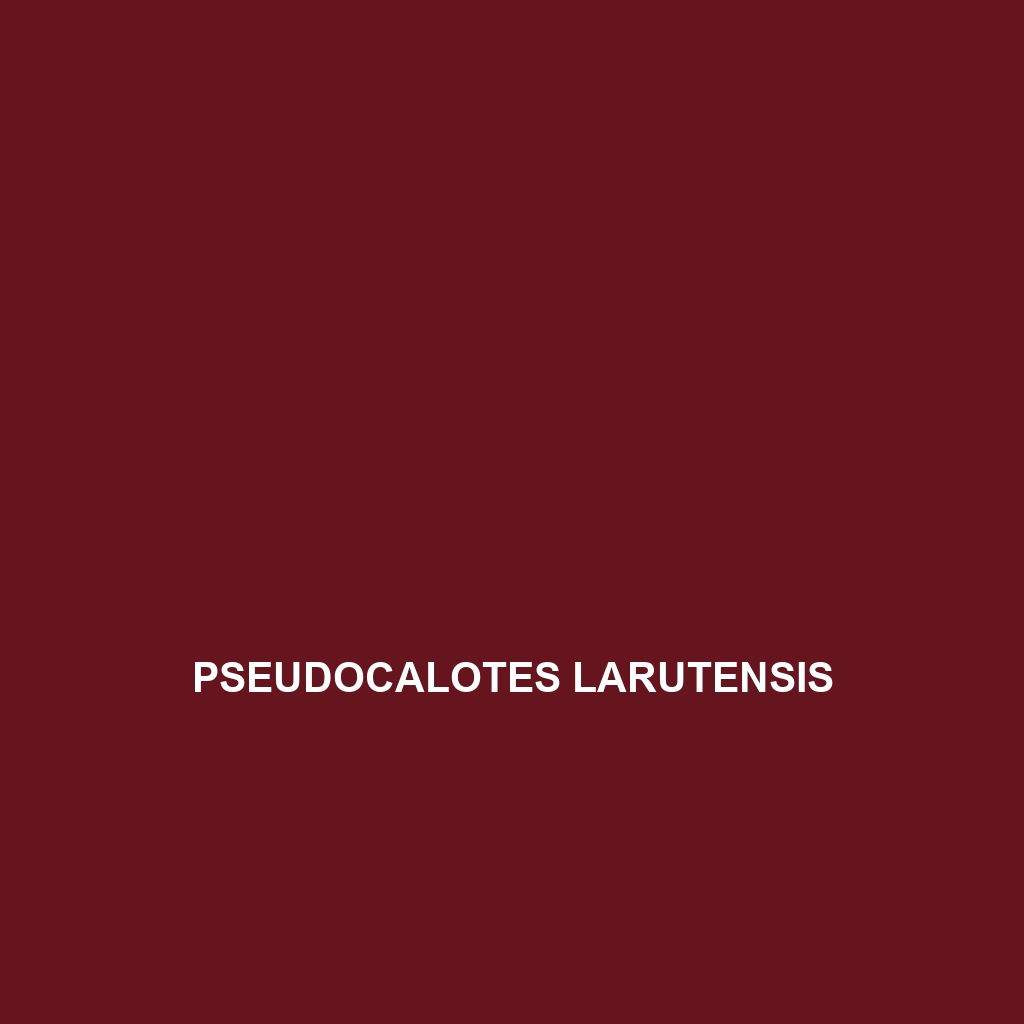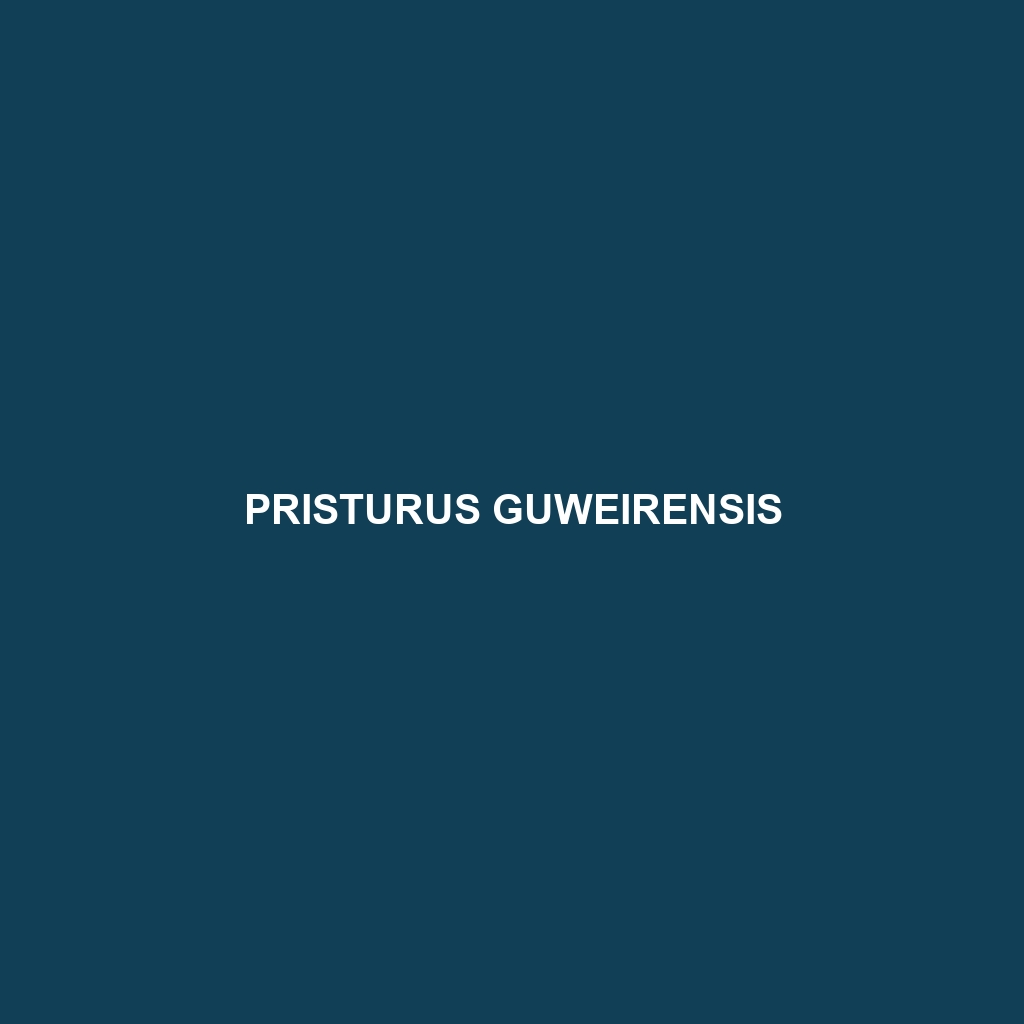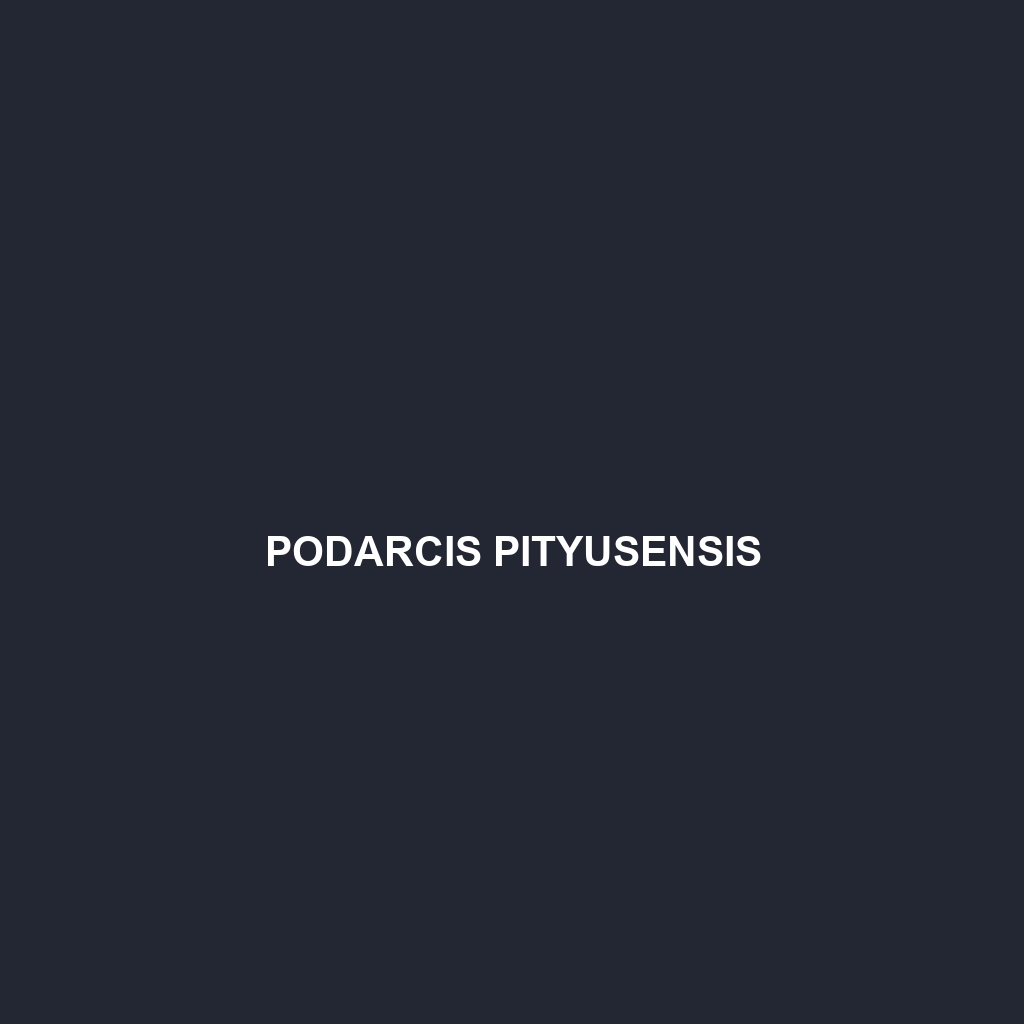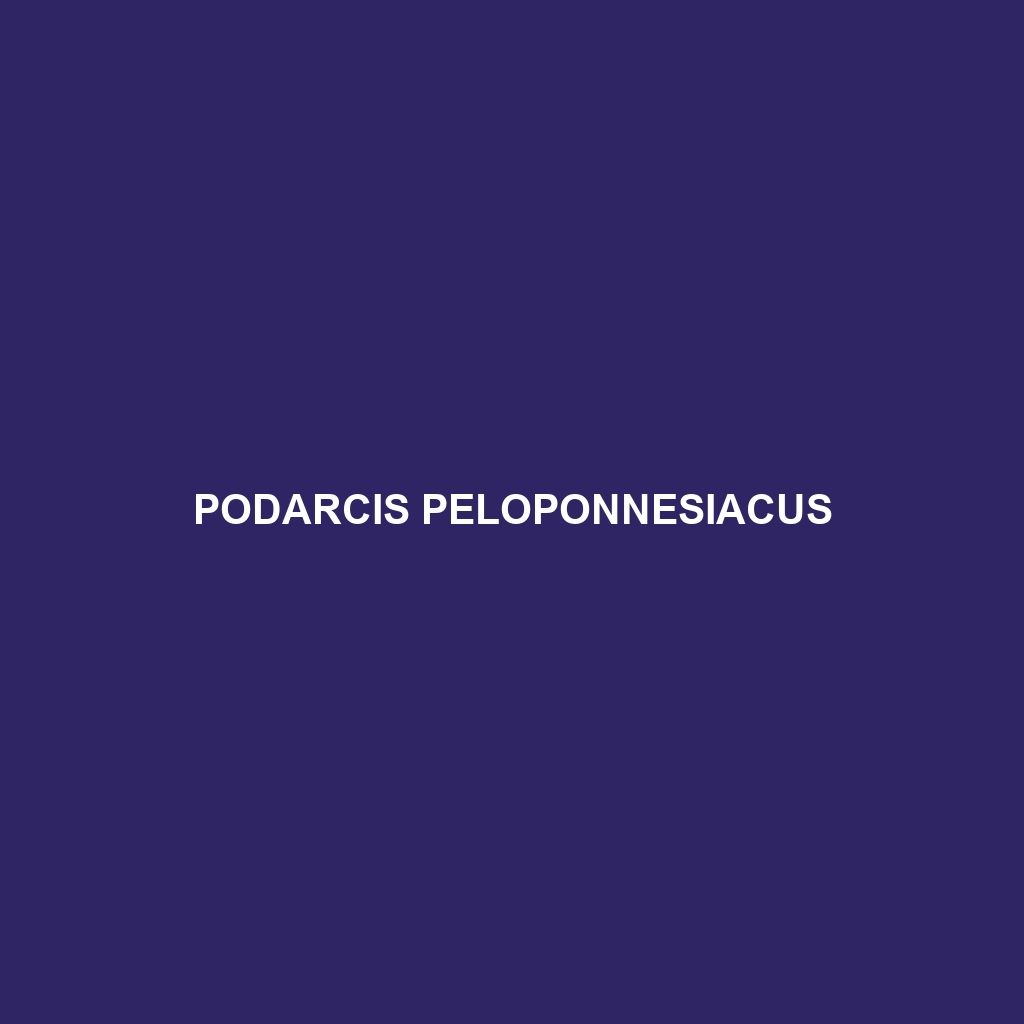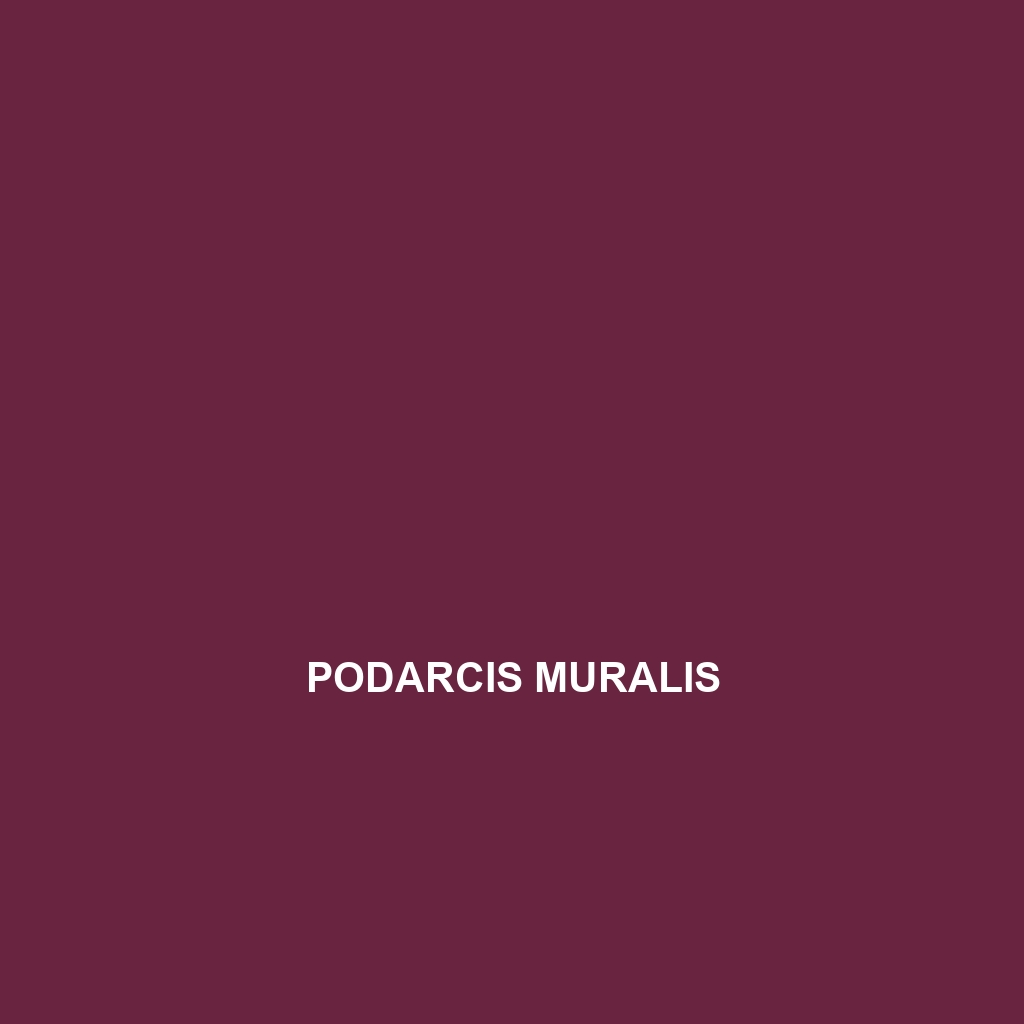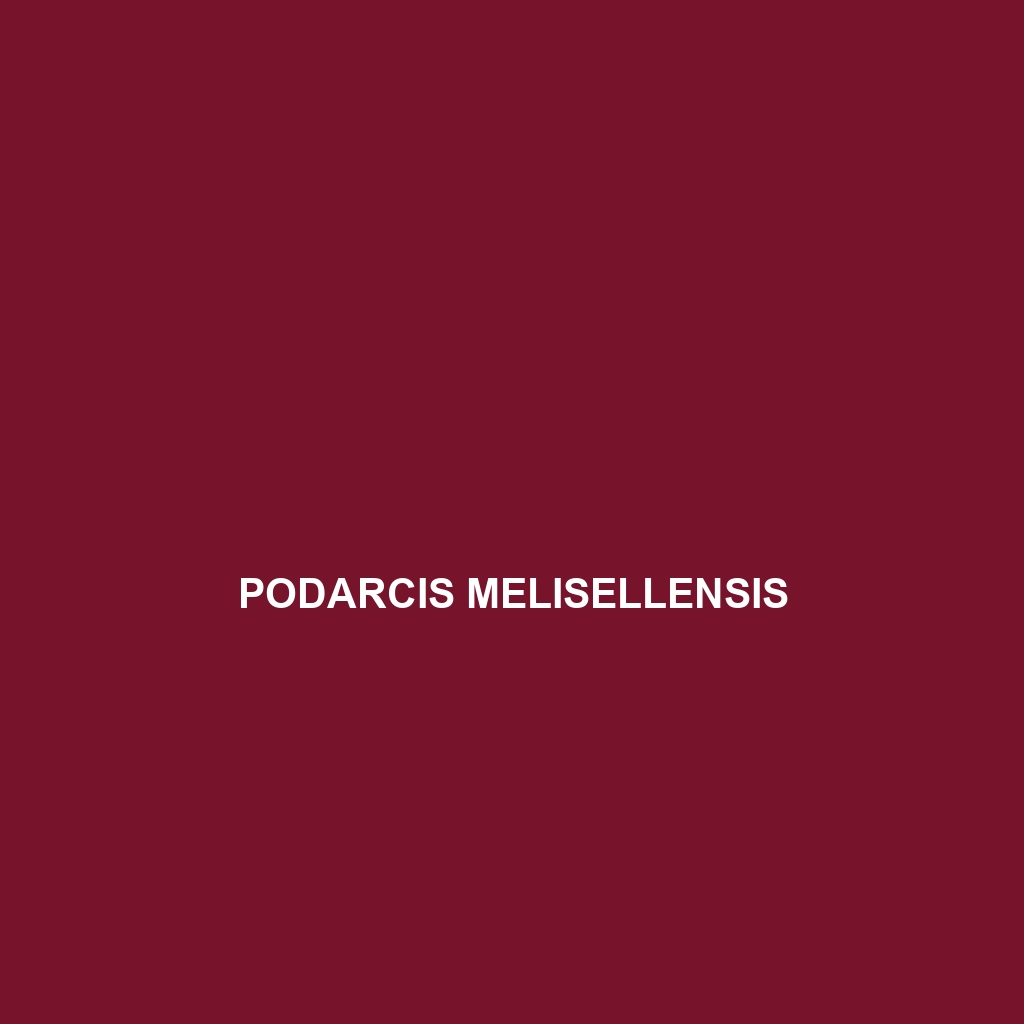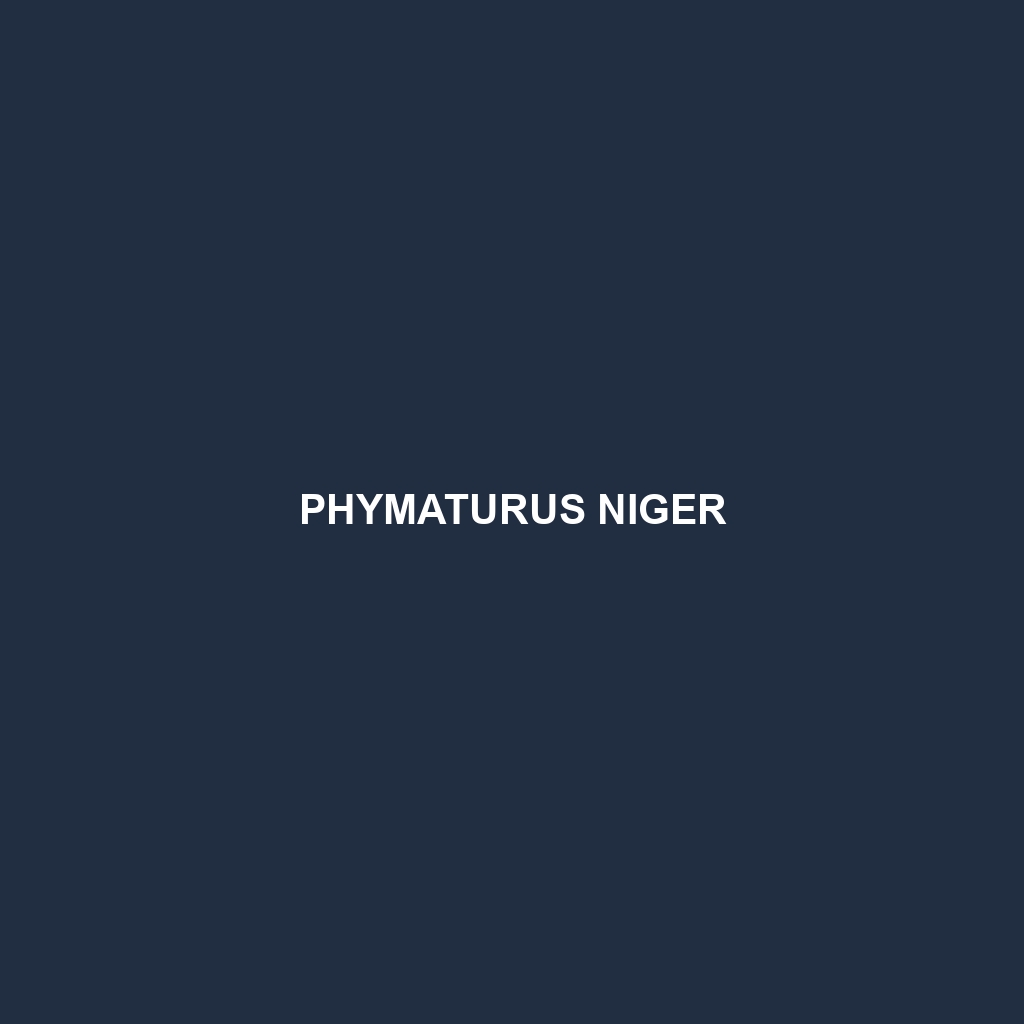<p><b>Ptyodactylus ruusaljibalicus</b> is a medium-sized lizard native to the Mediterranean region, thriving in diverse habitats from scrublands to temperate forests. This insectivorous species features a distinctive elongated body, remarkable color-changing ability, and engages in fascinating mating displays, playing a crucial role in maintaining ecological balance.</p>
Tag: diurnal lizard behavior
Pseudocalotes larutensis
<span><b>Pseudocalotes larutensis</b>, or the Larut Hill lizard, is a vibrant, insectivorous reptile native to the montane rainforests of Malaysia, characterized by its distinct spiny dorsal crest and diurnal foraging behaviors. This vulnerable species plays a crucial role in regulating insect populations and contributes to the ecosystem's biodiversity.</span>
Pristurus guweirensis
<p><b>Pristurus guweirensis</b>, a moderately sized lizard found in the arid ecosystems of the Arabian Peninsula, showcases exceptional climbing abilities and a diet primarily consisting of insects. Known for its distinctive coloration and resilience, this species plays a vital role in controlling pest populations and maintaining ecological balance in its habitat.</p>
Podarcis pityusensis
Podarcis pityusensis, commonly known as the Pityusic lizard, is a small, agile lizard found in the rugged coastal habitats of the Pityusic Islands in the Mediterranean. With its insectivorous diet and vibrant coloration, especially during breeding season, this species plays a vital role in its ecosystem, balancing insect populations while serving as prey for various predators.
Podarcis peloponnesiacus
Podarcis peloponnesiacus, or the Peloponnesian Wall Lizard, is a slender, agile lizard from the Peloponnese region of Greece, reaching lengths of 25 to 30 cm. Known for its remarkable color-changing ability and diurnal behavior, it primarily feeds on insects, plays a vital role in its ecosystem, and is currently categorized as Least Concern by the IUCN.
Podarcis muralis
<p><b>Podarcis muralis</b>, commonly known as the wall lizard, is a diurnal species found across Southern Europe in rocky areas, gardens, and urban settings. Measuring 15 to 25 cm in length, these lizards exhibit varying coloration, a carnivorous diet primarily consisting of insects, and play a crucial role in controlling pest populations within their ecosystems.</p>
Podarcis lusitanicus
Discover the Lusitanian wall lizard (Podarcis lusitanicus), a resilient species native to the Iberian Peninsula, thriving in various habitats from temperate forests to urban environments. This slender lizard, measuring 8 to 10 inches in length, features smooth scales and a variable coloration that aids in camouflage, while its omnivorous diet and fascinating reproductive behaviors enhance its ecological significance.
Podarcis bocagei
Podarcis bocagei, commonly known as Bocage's wall lizard, is a compact, agile reptile found in the temperate regions of the Iberian Peninsula, featuring vibrant green, brown, and yellow patterns for excellent camouflage. This insectivorous lizard thrives in rocky habitats, exhibiting diurnal behavior and unique courtship displays during the mating season.
Phymaturus niger
<b>Phymaturus niger</b>, also known as the black phymaturus, is a diurnal insectivorous lizard native to arid regions of Argentina, recognizable by its dark coloration and robust body. This species plays a vital role in the ecosystem by regulating insect populations and serves as prey for larger predators, while exhibiting unique courtship behaviors and adaptations to thrive in harsh climates.
Phrynosoma modestum
Discover the modest horned lizard (<b>Phrynosoma modestum</b>), a compact, insectivorous reptile native to the arid regions of North America, known for its distinctive horn-like projections and remarkable camouflage. Thriving in warm climates, this diurnal lizard plays a vital role in controlling insect populations and maintaining ecological balance.

